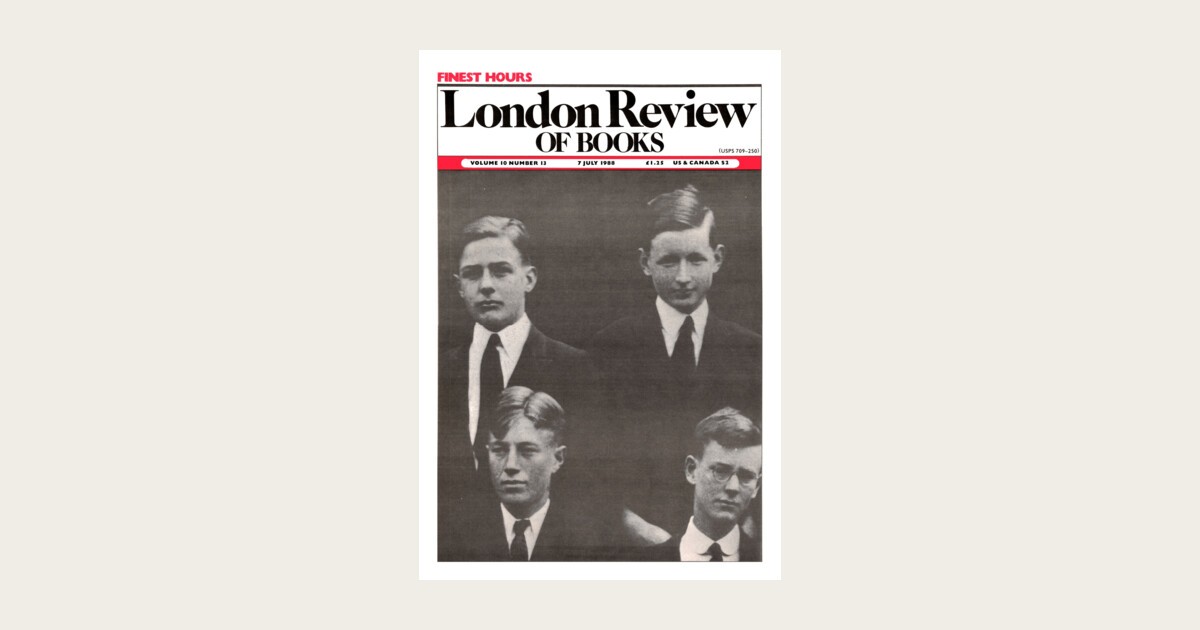"But the ‘problem of evil’ in Pound’s work is not the problem of its anti-semitism or fascism as such: it is the problem of whether ‘literature’ – those ‘great works ... of Western tradition’ – can embrace, can be imagined to embrace, ideas or attitudes of ‘acknowledged evil’. Casillo’s view – it is a commonplace one – is that immorality is a devaluing presence in literary work, and that ‘evil’ simply vitiates the possibility of artistic or cultural value.
But Pound’s work may be read, and in my view should be read, as a critique of that very idea, the idea that art is a representation or execution of the best that has been known and thought in the world. In 1940 Pound’s fascism and anti-semitism were peculiarly intense, and he had just published Cantos LII-LXXI of his masterwork. In that same year Benjamin published his ‘Theses on the Philosophy of History’ in the Neue Rundschau. The ‘Theses’ are (among other things) a Marxist’s critique of fascism, and in this respect they might seem to have little in common with Pound’s work. But when Benjamin says that an enlightened mind ‘cannot contemplate without horror’ its inheritance of ‘cultural treasures’, he formulates an aesthetic theory for which a work like the Cantos is the perfect exponent.
‘There is no document of civilisation which is not at the same time a document of barbarism,’ Benjamin argues. For Benjamin, as for his contemporaries Céline and Bataille, literature’s value lies precisely in the journey it takes to the end of the night. The presence of ‘evil’ in poetry is, therefore, paradoxically, the ultimate measure of its authenticity."





